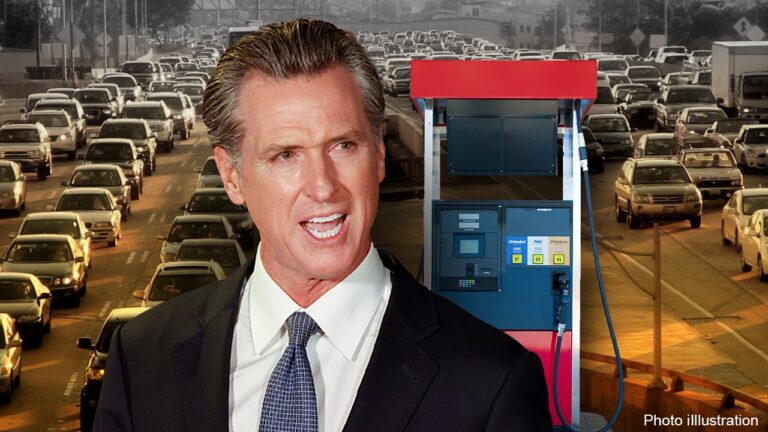
Millions of pensioners are set for a major income boost under the Government’s Triple Lock pledge – but this spells bad news.
Under new forecasts, the State Pension could rocket by £917 a year by April 2026, pushing payments to £12,419 annually.
This follows a £474 increase already confirmed for this April – and now, soaring inflation is set to drive another bumper boost next year.
The Bank of England now predicts inflation will hit 3.7% this year, up from its previous 2.75% forecast. That could add a further £443 to pensioners’ payments in 2026.
The increases in the pension are based on the Triple Lock pledge introduced in 2010. This increases pensions in line with the highest of three options:
* Consumer Prices Index (CPI) inflation as measured in the previous September
* Average wage growth: The average wage increase from May to July of the previous year
* 2.5%: A minimum increase that applies regardless of inflation or wage growth
While the increases in the pension may be welcomed by retirees, they come with a huge bill for the government – estimated at £1.3 billion – at a time when the nation’s finances are being squeezed.
Such is the size of the bill, that there have been calls from across the political spectrum for the Triple Lock to be dropped.
One side-effect of the increase in pensions is that millions of more pensioners are likely to be dragged into paying tax as their income rises above the personal tax threshold of £12.570 which has been frozen through until 2027-28.
Former Pensions Minister Sir Steve Webb warns that 10 million pensioners will be paying tax by 2032 unless changes are made. Meanwhile, experts say the Treasury faces a fiscal nightmare, with the cost of funding pensions spiraling out of control.
Ian Futcher, of wealth management firm Quilter, told the Telegraph: “The extra £1.3bn cost to the taxpayer highlights how the Triple Lock can quickly become unsustainable.
“Pensioners receiving the full new state pension will also be perilously close to breaching the personal allowance.
“While it is an undeniably popular policy, with an ageing population it is becoming difficult to afford, and there may come a point where difficult decisions need to be made about it.
“But the can is likely to keep being kicked down the road by all political parties scared to upset a large cohort of the electorate.”
A pension crisis looming?
Spending on pensions has soared to £148.4bn a year – and some experts fear Britain simply can’t afford it. The Adam Smith Institute has warned that the State Pension could become “fiscally unsustainable” as soon as 2035.
But Baroness Ros Altmann, another former pensions minister, hit back saying: “Yearly state pension increases are the minimum the Government should be doing to protect pensioners from the cost-of-living crisis.
“The idea that the country can’t afford it simply isn’t true.”
The Government has yet to comment on whether it will reform the system – but with costs rising and millions of retirees relying on their pensions, this could turn into a major political battleground in the months ahead.





